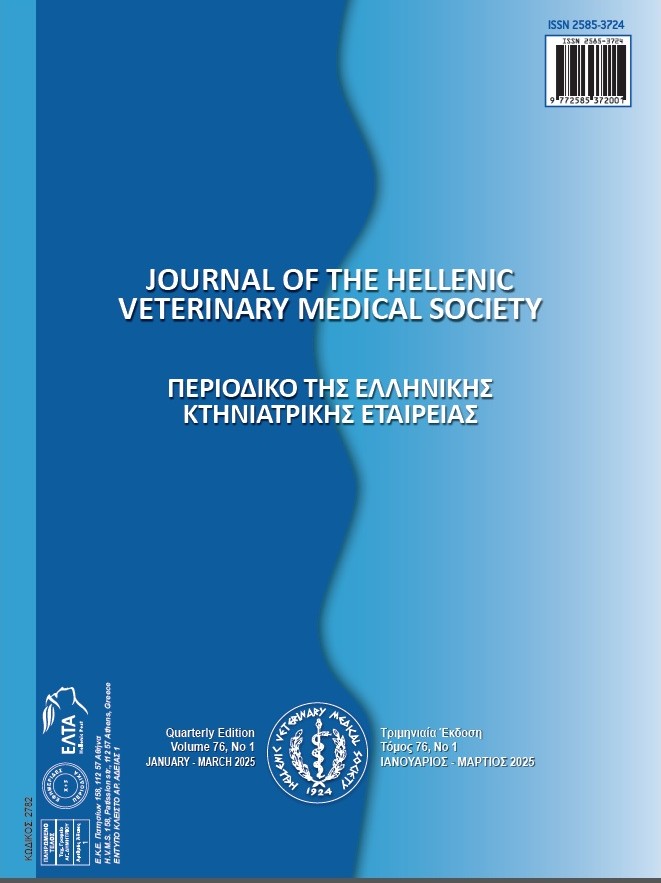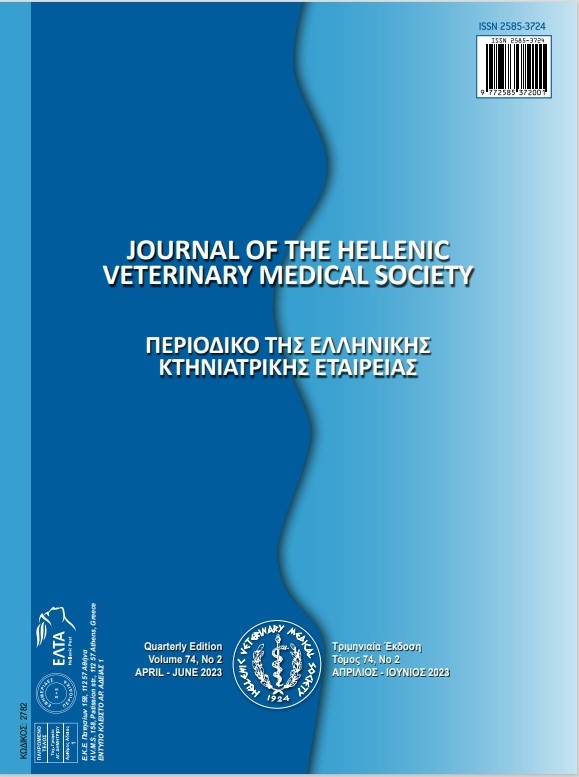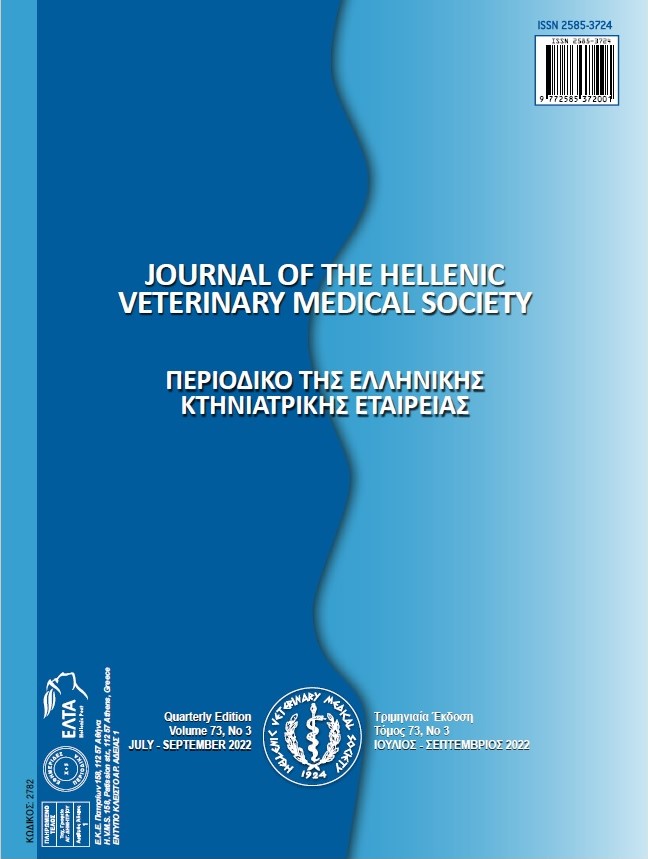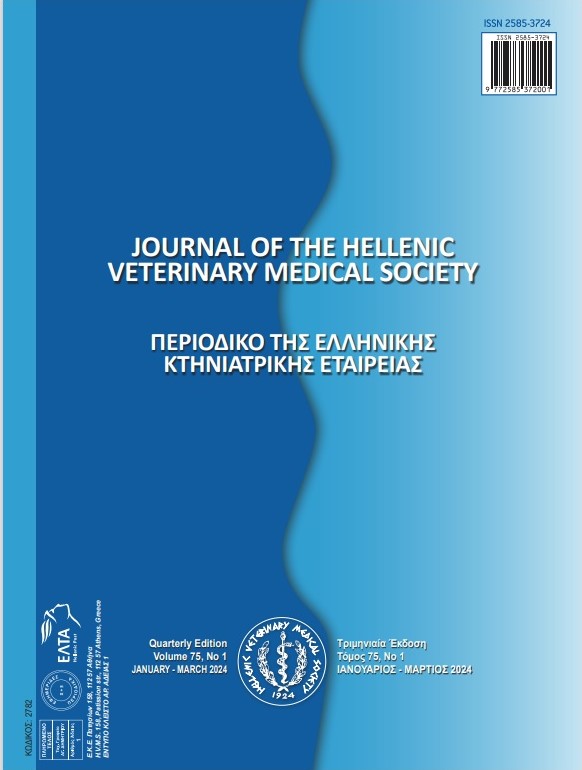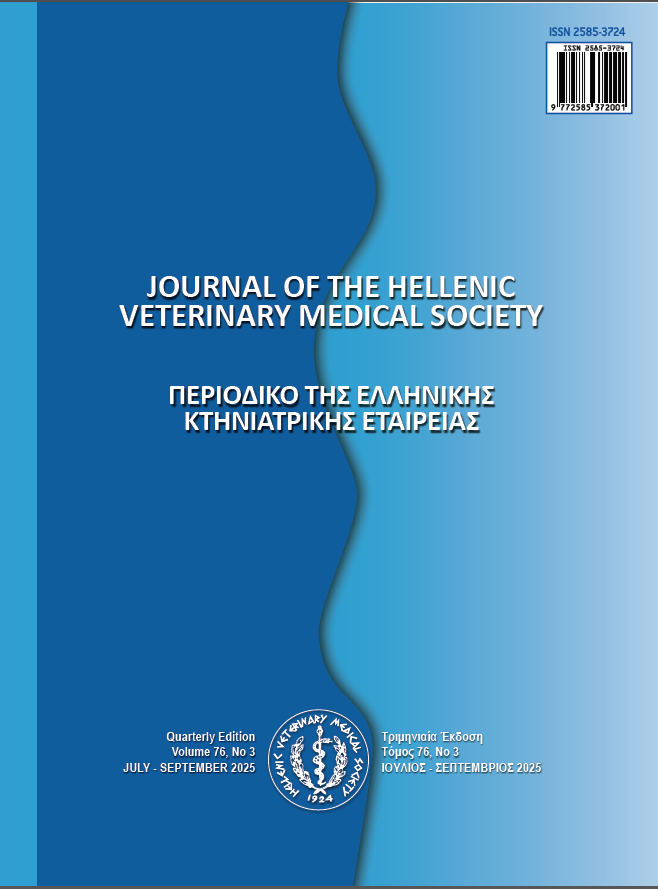A study to investigate the anti-methanogenic properties of black tea waste in dairy cows in order to achieve a cleaner environment
Abstract
In this study, the authors substituted alfalfa hay with factory black tea waste (FBTW) in dairy cattle total mixed ration (TMR) and subsequently tested its effects on in-vitro carbon dioxide and methane production, metabolizable energy (ME), organic matter digestibility (OMD), net energy lactation (NEL), microbial protein production (MP) and Daisy incubator digestibility parame-ters. Experimental diets included 0% (TW0), 25% (TW1), 50% (TW2) and 75% (TW3) FBTW sub-stituted alfalfa hay in dairy cattle TMR rations. Substitution of alfalfa hay with FBTW in TMR linearly decreased in-vitro GP, methane, ME, NEL and OMD values (P<0.05), and linearly in-creased true dry matter digestibility (TDMD), partition factor (PF) and microbial protein pro-duction efficiency (MPSE) values (p<0.05). Organic matter (IVOMD), in-vitro true dry matter (IVTDMD), and NDF digestibility (IVNDFD) values, determined in the Daisy II incubator, were decreased by substituting FBTW for alfalfa hay in TMR (p<0.05). Substitution of alfalfa hay by FBTW up to 50% in TMR as an alternative roughage source in ruminant animal nutrition can be beneficial yet in-vivo studies are required for a solid conclusion.
Article Details
- Come citare
-
Kaya , A., Kaya , A., Palangi, V., Kaya , H., & Macit , M. (2025). A study to investigate the anti-methanogenic properties of black tea waste in dairy cows in order to achieve a cleaner environment. Journal of the Hellenic Veterinary Medical Society, 76(1), 8679–8688. https://doi.org/10.12681/jhvms.36889
- Fascicolo
- V. 76 N. 1 (2025)
- Sezione
- Research Articles

Questo lavoro è fornito con la licenza Creative Commons Attribuzione - Non commerciale 4.0 Internazionale.
Authors who publish with this journal agree to the following terms:
· Authors retain copyright and grant the journal right of first publication with the work simultaneously licensed under a Creative Commons Attribution Non-Commercial License that allows others to share the work with an acknowledgement of the work's authorship and initial publication in this journal.
· Authors are able to enter into separate, additional contractual arrangements for the non-exclusive distribution of the journal's published version of the work (e.g. post it to an institutional repository or publish it in a book), with an acknowledgement of its initial publication in this journal.
· Authors are permitted and encouraged to post their work online (preferably in institutional repositories or on their website) prior to and during the submission process, as it can lead to productive exchanges, as well as earlier and greater citation of published work.

